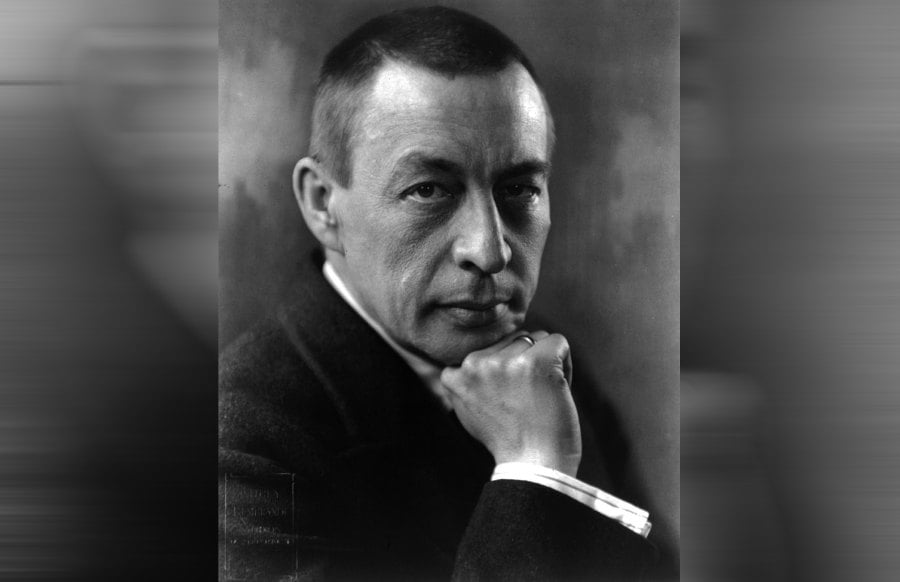In recent days, one would often hear mention of Russian composer Sergey Rachmaninoff all over the world, including in Malaysia.
Performances of his compositions at Dewan Filharmonik Petronas (DFP) were full houses, and at the Russian cultural center in Kuala Lumpur, one could get acquainted with his life and work through the exhibition prepared by the Moscow House of Music to celebrate the 150th anniversary of his birth.
He was already recognised for his talent in pre-revolution Russia, and in the West after emigration, Rachmaninoff quickly became popular and in demand: tours, big fees, attention of the public and the press.
But, if you get to know his journey closer, it becomes clear, behind this external success is a story full of pain due to leaving his native land, loneliness among strangers and at the same time, inexhaustible faith in Russia.
In the early 1920s, there was devastation and famine in the Soviet Union. A composer, Mikhail Slonov, asked his friend to pick up a parcel at the post office sent by Rachmaninoff.
It consisted of 49 pounds of flour (1 pound is almost half a kilo), 25 pounds of rice, 3 pounds of tea, 10 pounds of fat, 10 pounds of sugar and 20 cans of condensed milk.
In total, about 53kg. The post office clerk was surprised: "Who is this Rachmaninoff? Is he going to feed half of Moscow?!"
Rachmaninoff sent 20 to 30 such parcels monthly from New York. He fed and provided money for poets and writers, musicians and artists.
In reality, not being able to spend his days in Russia became a bleeding wound, from which he could not recover until his last days.
Living in a foreign land divided his life into two halves not only geographically, but also creatively.
During 25 years in Russia, the composer held three concerts, three operas, two symphonies, 80 romance works and much more. However, when he left the country, he was silent for many years.
Still, in total, when living in exile, he wrote six works, and four of them were started in Russia.
"Having lost my homeland, I lost myself. The exile, who has lost his musical roots, the traditions of his native soil, has no desire to create, no other consolation remains, except for the indestructible silence... memories," he wrote.
But, when World War 2 began, Rachmaninoff overcame his ideological bent: he still did not like the Bolsheviks and did not accept Soviet power, but decided that the fate of his country was more important than ideological differences.
It was important for him to help the Russian people defeat Nazism, which he hated with all his heart. When Nazi Germany invaded the USSR, Rachmaninov made it a rule for the entire gate collection from every third concert would go to the fund for helping the Soviet Union.
"I am a Russian composer," Rachmaninoff said about himself, "my Motherland determined my temperament and worldview. My music is the brainchild of my temperament, so it is Russian."
He is gone, but his music is still alive. Rachmaninoff's lush and brooding romanticism resonates with universal warmth and tenderness, giving expression to the composer's vast emotional landscape.
And, the people at DFP felt it when they listened to his wildly popular Piano Concerto No. 2 and the magnificent Symphony No. 2 performed by the Philharmonic Orchestra under the direction of Junichi Hirokami and pianist Anna Fedorova.
Also, a video about the 150th anniversary of Rachmaninoff was broadcast on the screen near Petronas Twin Towers with two concerts taking place on April 1 and 2.
Thanks to Malaysia and other countries, Rachmaninoff continues to be remembered.
* The writer, writing from Russia, is a former lecturer at Universiti Malaya





